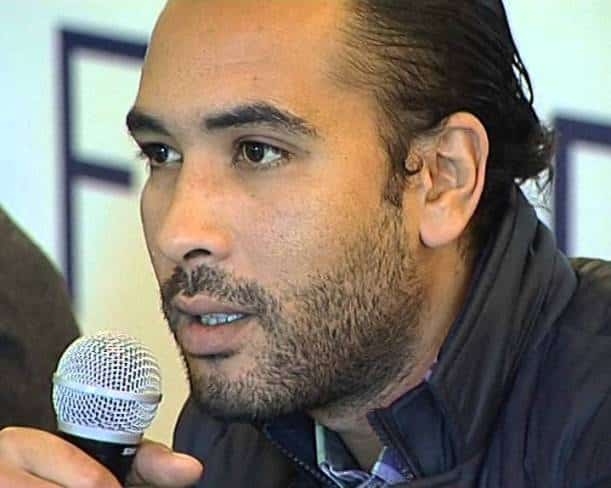Country: Egypt
-

Egypt: concerns about the detention of human rights lawyer Malek Adly
ASF and the International Association of Young Lawyers are deeply concerned about the detention of human rights lawyer Malek Adly in Cairo, since his arrest last week. Both organisations call for the respect of the freedom of the legal profession in Egypt. Mr. Adly is a prominent human rights lawyer and director of Lawyers Network…
-

New defeat for freedom of expression in Egypt
Cairo/Brussels – Al Jazeera English journalists Mohamed Fahmy, Peter Greste and Baher Mohamed, as well and three co-defendants, were found guilty for not being registered as journalists, publishing false news, and having operated from a Cairo hotel without a licence, among other charges. Having jointly observed the entire trial, the Egyptian Commission for Rights and…
